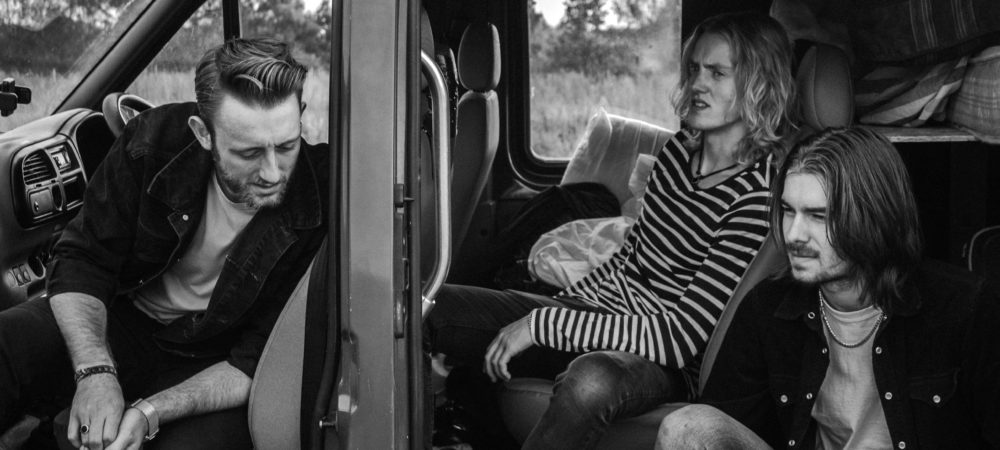


There is more to recovery than just “being sober.” The work put forth to rebuild every facet of existence takes time, especially regarding social life. While repairing friendships with loved ones is a concern for many people once they’ve entered addiction treatment, cultivating new friends also proves to be an important goal. Picking friends best suited for life in recovery can be intimidating at first, but following some simple guidelines can put things into perspective.
There’s something reassuring about having childhood friends or people who have been familiar for many years that knew someone’s life before addiction took over. Those friends who stick around through the roughest times of someone’s bout with untreated addiction are often some of the most loyal people around. Provided the relationship isn’t based on enabling and boundaries permit it to last into recovery, these types of friends will undoubtedly offer support through the good and the bad times without constant judgment and shaming.
Making friends with fellow people in recovery is almost inevitable, especially when attending group substance use counseling and other recovery-oriented meetups. A certain camaraderie exists among those who have gone through similar struggles. The bonds between these people tend to hold a very special honor system where they make themselves available whenever someone feels low or needs help. These types of relationships can become crucial for relapse prevention in the future.
As people focus on their overall wellness in recovery, they are bound to make some friends along the way through various yoga or exercise classes. These health-oriented friends offer a daily “check-in” since they are rarely ever lamenting about hangovers or participating in self-destructive behaviors. People who fall into this friend group can often be a source of motivation and admiration as they usually never create environments that could involve potential triggers that affect substance misuse.
Immediate family members usually play critical roles in someone’s recovery after witnessing the trauma of active addiction. These relationships can often be tumultuous, but more distant relatives can prove to be a source of comfort. It’s not uncommon for families to come together and become closer during hard times, so those distant cousins, aunts, and uncles can prove to be an invaluable support network.
One of the coolest parts of addiction recovery is the freed-up time to take on new hobbies and interests. So many people who have overcome addiction have gone on to discover their passions in the arts, sports, humanitarianism, and much more. The friends made along the way are an added benefit because it’s always great to be connected to like-minded people who share common pastimes.
Friends made in a recovery-friendly workplace are some of the safest for those who worry about being around casual substance use. When jobs with high drug and alcohol use rates are avoided, these settings invite casual friendships that can make the workday go by faster and more pleasantly.
Taking the first step towards recovery is a life-saving step that can help restore the finer things in life, including meaningful friendships. Middlesex Recovery offers private, outpatient addiction services using FDA-approved medication and evidence-based methods. Call or message a local Middlesex Recovery office today to learn more about the recovery programs available.